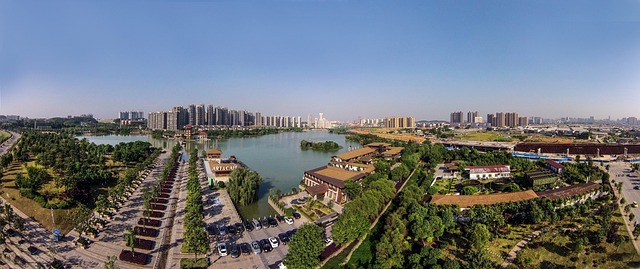In the realm of hermeneutics, we often find ourselves traversing the intricate pathways of meaning, interpretation, and understanding. At the heart of this exploration lies the concept of hermeneutic intention, which invites a deeper inquiry not only into texts and language but also into the very nature of knowledge itself. This concept elegantly marries elements of both science and modern philosophy, revealing the profound connections between how we interpret our world and the frameworks through which we seek to understand it.
Science, with its systematic approach and empirical rigor, aims to uncover the underlying principles governing the natural world. From the laws of physics to the intricacies of biological systems, science operates on a foundation of observable phenomena and repeatable experiments. Yet, within this quest for knowledge, the role of hermeneutic intention emerges as a crucial component. Scientists do not merely report data; they interpret it through an intentional lens that is shaped by their hypotheses, contextual understanding, and the dialogues they engage in with their peers. Thus, scientific inquiry is not devoid of interpretation; rather, it is an inherently hermeneutic process.
Modern philosophy further enriches our understanding of hermeneutic intention. Thinkers such as Hans-Georg Gadamer and Paul Ricoeur have significantly contributed to how we perceive the interplay between text, context, and meaning. Their reflections emphasize that understanding is not a passive absorption of information, but an active engagement where the reader, interpreter, and context converge. This aligns with the scientific method’s iterative nature—hypothesizing, testing, and then revising our understanding. The intersection of philosophy and science reveals that the pursuit of knowledge involves a hermeneutic process where intentions shape interpretations and influence discoveries.
The beauty of hermeneutic intention lies in its relational qualities. It acknowledges that our interpretations are informed by our cultural backgrounds, personal experiences, and historical contexts. In this light, the interpretation of scientific findings becomes a communal act, inviting collaboration and dialogue. The language of science, often perceived as objective and universal, is also subject to the nuances of human experience and thought. Thus, every scientific claim is not just a statement of fact; it is a narrative embedded within a larger discourse that demands careful interpretation and consideration.
As we navigate through the complexities of both science and modern philosophy, the theme of hermeneutic intention provokes us to reflect on our own understanding. Are we merely collecting information, or are we engaging in a deeper conversation with the knowledge we encounter? How do our intentions shape the meanings we derive from scientific discoveries and philosophical inquiries? In considering these questions, we illuminate the profound interconnectedness of interpretation, knowledge, and the human experience. This journey—of exploring hermeneutic intention—promises not only to enhance our understanding of various disciplines but also to foster a sense of unity in our quest for meaning in an ever-evolving world.




